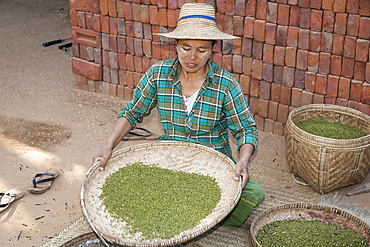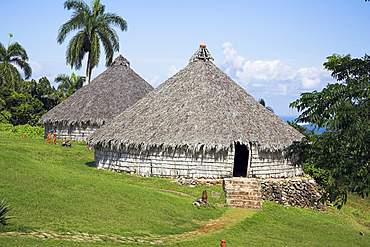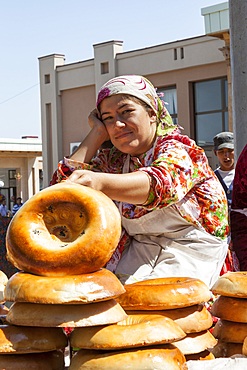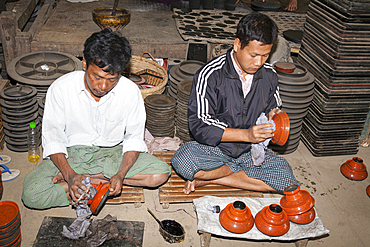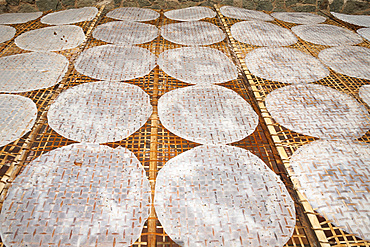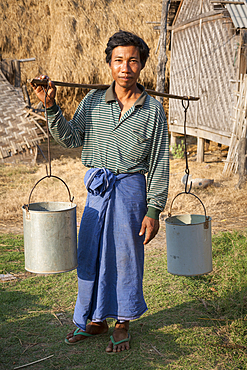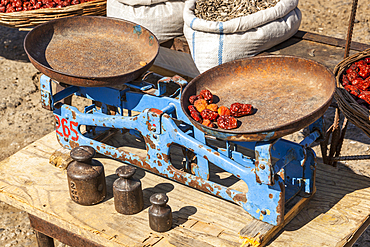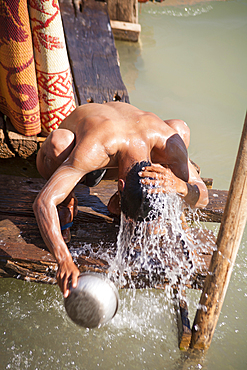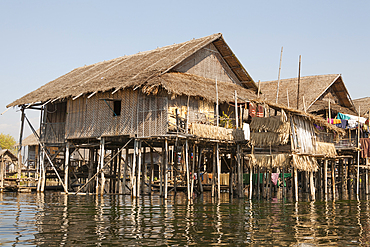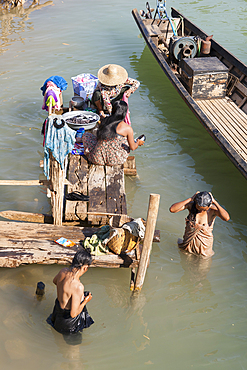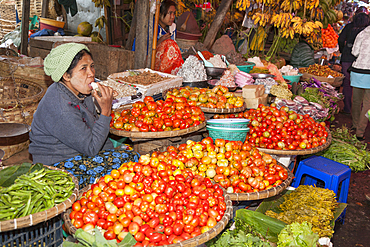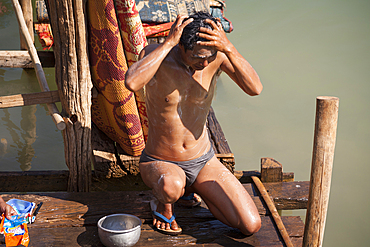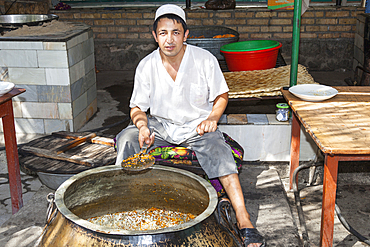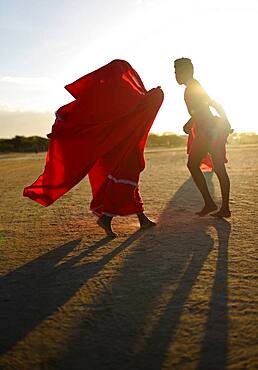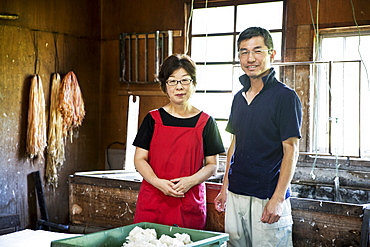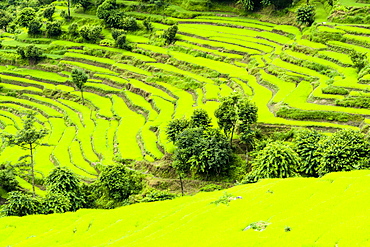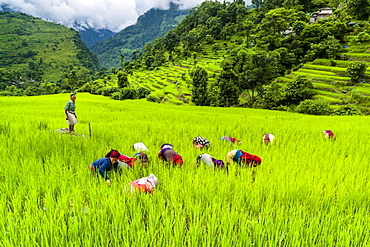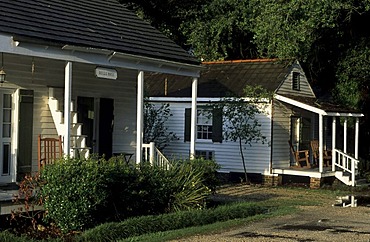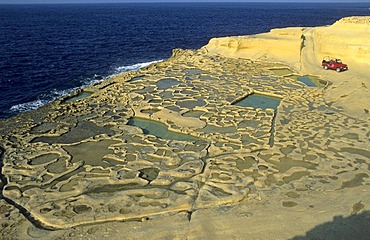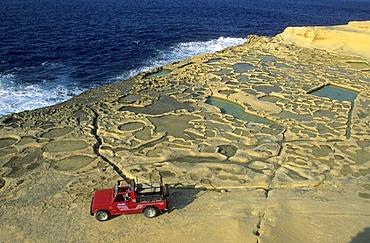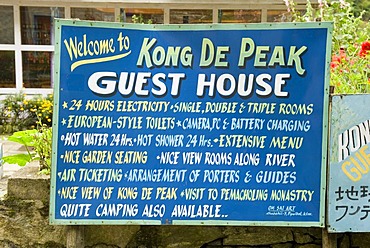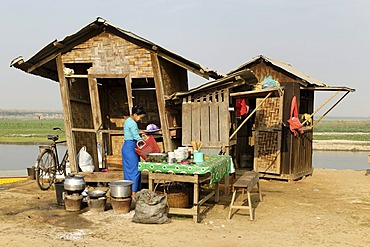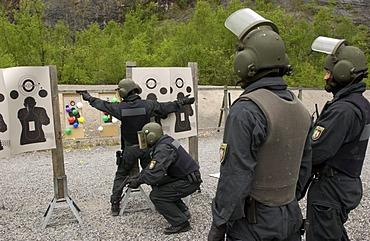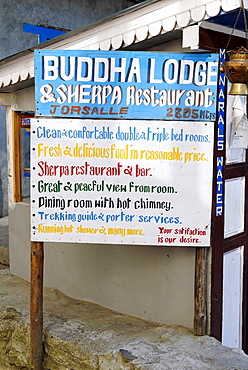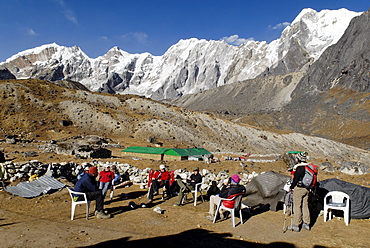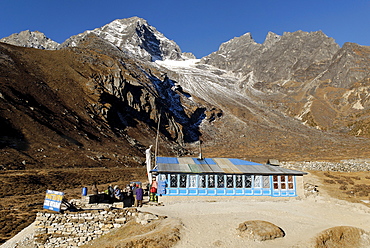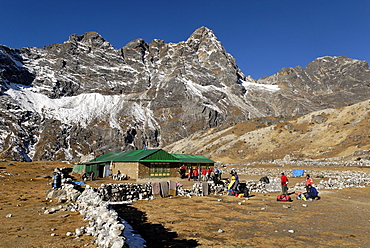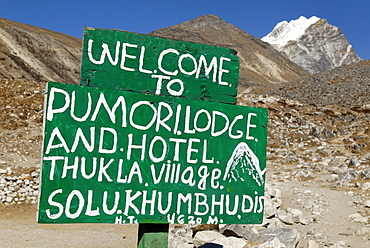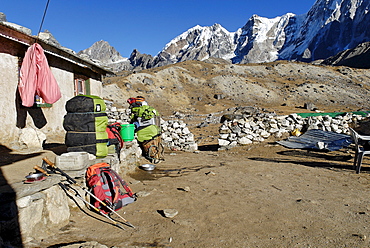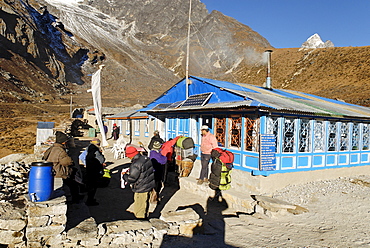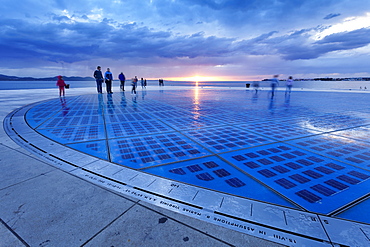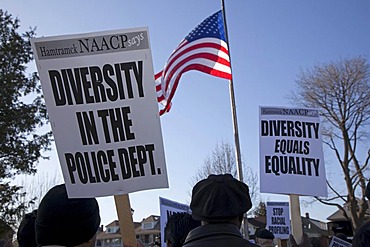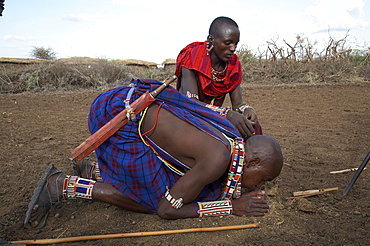Recent searches
Loading...
1350-5712 - School in Gjohaven, an inuit settlement in the far north of Canada
1350-5708 - School drawings in Gojahaven, an Inuit settlement in the far north of Canada.
1350-5707 - School drawings in Gojahaven, an Inuit settlement in the far north of Canada.
1350-5713 - School in Gjohaven, an inuit settlement in the far north of Canada
1350-5706 - School drawings in Gojahaven, an Inuit settlement in the far north of Canada.
1350-5736 - Young boy at school in Gojahaven, an Inuit settlement in the far north of Canada.
1350-5086 - Woman sifting a crop, Minnanthu, Bagan, Myanmar, (Burma)
1350-4899 - Woman carrying basket of food on her head, Bagan, Myanmar, (Burma)
1350-4778 - Lakeside houses built on stilts, Inle Lake, Shan State, Myanmar, (Burma)
1350-4785 - Houses in reproduction Taino Indian village, Chorro de Maita, Banes, near Guardalavaca, Holguin Province, Cuba
1350-4937 - Woman selling non bread, Siyob Market, also known as Siab Market, Samarkand, Uzbekistan
1350-4927 - Men working in the U Ba Nyein lacquer ware factory, Myo Thit, Bagan, Myanmar, (Burma)
1350-5048 - Old woman cooking outside, Yay Kyi village, Mandalay, Myanmar, (Burma)
1350-4731 - Model of Indians in reproduction Taino Indian village, Chorro de Maita, Banes, near Guardalavaca, Holguin Province, Cuba
1350-4741 - Rice paper circles drying outdoors on a bamboo lattice drying frame, Cuu Long, Cai Be, Mekong Delta, Vietnam
1350-4958 - Man carrying pannier for water, Yay Kyi village, Mandalay, Myanmar, (Burma)
1350-4711 - Woman selling food, Bogyoke Aung San Market, also known as H G Scott Market, Yangon, (Rangoon), Myanmar, (Burma)
1350-4788 - Old weighing scales and weights in an outdoor market, near Samarkand, Uzbekistan
1350-4921 - Man washing himself beside Inle Lake, Indein Village, near Taunggyi, Shan State, Myanmar, (Burma)
1350-4716 - Farmer and oxen ploughing paddy fields, near Mandalay, Myanmar, (Burma)
1350-4732 - Lakeside houses built on stilts, Inle Lake, Shan State, Myanmar, (Burma)
1350-4683 - Women washing themselves in Inle Lake, near Indein Village, Shan State, Myanmar, (Burma)
1350-5054 - Food stall in market, Pyin Oo Lwin, also known as Pyin U Lwin and Maymyo, Mandalay, Myanmar, (Burma)
1350-4966 - Man washing himself beside Inle Lake, Indein Village, near Taunggyi, Shan State, Myanmar, (Burma)
1350-4784 - Elderly lady collecting straw in a field, near Minnanthu village, Bagan, Myanmar, (Burma)
1350-4815 - Woman splitting bamboo to make a fan, Yay Kyi village, Mandalay, Myanmar, (Burma)
1350-4851 - Man cooking plov, typical traditional Uzbek food, Navoi Province, Uzbekistan
1350-1865 - Yonna dance, also called Chichamaya, carries a considerable symbolic charge for the Wayuu indigenous people of Colombia, representing three basic principles for this tribal group: Social equality, collective solidarity and the improvement of relations between the human being and the Cosmos.
1350-1859 - Yonna dance, also called Chichamaya, carries a considerable symbolic charge for the Wayuu indigenous people of Colombia, representing three basic principles for this tribal group: Social equality, collective solidarity and the improvement of relations between the human being and the Cosmos.
1350-1871 - Yonna dance, also called Chichamaya, carries a considerable symbolic charge for the Wayuu indigenous people of Colombia, representing three basic principles for this tribal group: Social equality, collective solidarity and the improvement of relations between the human being and the Cosmos.
1350-1860 - Yonna dance, also called Chichamaya, carries a considerable symbolic charge for the Wayuu indigenous people of Colombia, representing three basic principles for this tribal group: Social equality, collective solidarity and the improvement of relations between the human being and the Cosmos.
1350-1861 - Yonna dance, also called Chichamaya, carries a considerable symbolic charge for the Wayuu indigenous people of Colombia, representing three basic principles for this tribal group: Social equality, collective solidarity and the improvement of relations between the human being and the Cosmos.
1350-1862 - Yonna dance, also called Chichamaya, carries a considerable symbolic charge for the Wayuu indigenous people of Colombia, representing three basic principles for this tribal group: Social equality, collective solidarity and the improvement of relations between the human being and the Cosmos.
1350-1866 - Yonna dance, also called Chichamaya, carries a considerable symbolic charge for the Wayuu indigenous people of Colombia, representing three basic principles for this tribal group: Social equality, collective solidarity and the improvement of relations between the human being and the Cosmos.
1350-1870 - Yonna dance, also called Chichamaya, carries a considerable symbolic charge for the Wayuu indigenous people of Colombia, representing three basic principles for this tribal group: Social equality, collective solidarity and the improvement of relations between the human being and the Cosmos.
1350-1868 - Yonna dance, also called Chichamaya, carries a considerable symbolic charge for the Wayuu indigenous people of Colombia, representing three basic principles for this tribal group: Social equality, collective solidarity and the improvement of relations between the human being and the Cosmos.
1350-1858 - Yonna dance, also called Chichamaya, carries a considerable symbolic charge for the Wayuu indigenous people of Colombia, representing three basic principles for this tribal group: Social equality, collective solidarity and the improvement of relations between the human being and the Cosmos.
1350-1324 - Carousel, outskirts of Antananarivo, Madagascar
1350-1869 - Yonna dance, also called Chichamaya, carries a considerable symbolic charge for the Wayuu indigenous people of Colombia, representing three basic principles for this tribal group: Social equality, collective solidarity and the improvement of relations between the human being and the Cosmos.
1350-1863 - Yonna dance, also called Chichamaya, carries a considerable symbolic charge for the Wayuu indigenous people of Colombia, representing three basic principles for this tribal group: Social equality, collective solidarity and the improvement of relations between the human being and the Cosmos.
1350-1864 - Yonna dance, also called Chichamaya, carries a considerable symbolic charge for the Wayuu indigenous people of Colombia, representing three basic principles for this tribal group: Social equality, collective solidarity and the improvement of relations between the human being and the Cosmos.
1350-1867 - Yonna dance, also called Chichamaya, carries a considerable symbolic charge for the Wayuu indigenous people of Colombia, representing three basic principles for this tribal group: Social equality, collective solidarity and the improvement of relations between the human being and the Cosmos.
1174-4856 - Japanese woman and man standing in a Washi workshop by a vat of pulp, basic plant based ingredients for making paper, Kyushu, Japan
832-379954 - Agricultural landscape, green terrace rice fields, Upper Marsyangdi valley, Bahundanda, Lamjung District, Nepal, Asia
832-379956 - Agricultural landscape, women working in green terrace rice fields, in Upper Marsyangdi valley, Bahundanda, Lamjung District, Nepal, Asia
832-379964 - Farmhouse in agricultural landscape with green terrace rice fields, Chitre, Upper Kali Gandaki valley, Myagdi District, Nepal, Asia
805-973 - Street chapati maker, making bread over a naked flame using traditional basic equipment, Puri, Odisha, India, Asia
911-10058 - A Barefoot Dentist, who is trained to perform basic dentistry at the Barefoot College in Tilonia, Rajasthan, India. The Barefoot College is a worldwide charity, founded by Bunker Roy, its aims are, education, drinking water, electrification through solar power, skill development, health, women empowerment and the upliftment of rural people.
832-376998 - Barley field in the evening light, near Adelschlag, Bavaria, Germany, Europe
832-339296 - Inscribed study bust about the basic truths of life, Erlangen, Middle Franconia, Bavaria, Germany, Europe
832-354599 - Former slave cabins on Tezcuco Plantation, today used as hotel rooms
805-715 - Basic roadside hotel, Dahung, Arunachal Pradesh, India, Asia
832-355094 - Historic saltworks at Reqqa Point, Gozo island, Malta
832-355464 - Streetscape in San Pedro de Atacama, Chile
832-355095 - Historic saltworks at Reqqa Point, Gozo island, Malta
832-356940 - Advertisment for Lodge and Restaurant at the Everest Trail, Solukhumbu, Khumbu, Nepal
832-356531 - Cookshop in the harbour of Bhamo, Kachin State, Myanmar
832-318518 - DEU, Germany: Basic training for future SWAT Team officers. They learn, during a year long course, all the basics which they need for their job in the special operation police units
832-318459 - DEU, Germany: Basic training for future SWAT Team officers. They learn, during a year long course, all the basics which they need for their job in the special operation police units
832-318482 - DEU, Germany: Basic training for future SWAT Team officers. They learn, during a year long course, all the basics which they need for their job in the special operation police units
832-318486 - DEU, Germany: Basic training for future SWAT Team officers. They learn, during a year long course, all the basics which they need for their job in the special operation police units
832-318503 - DEU, Germany: Basic training for future SWAT Team officers. They learn, during a year long course, all the basics which they need for their job in the special operation police units
832-357614 - Advertisement sign for a trekking lodge, Solukhumbu, Khumbu, Mount Everest Region, Nepal
832-358050 - Trekking lodge at Dzonglha (4830), Chola Khola Tal, Khumbu Himal, Sagarmatha National Park, Nepal
832-358239 - Old Sherpa house at Thangnak (4700), Sagarmatha National Park, Khumbu Himal, Nepal
832-357767 - Trekking Lodge at Luza (4360), Sagarmatha National Park, Khumbu Himal, Nepal
832-357694 - Trekking lodge at Dzonglha (4830), Chola Khola Tal, Khumbu Himal, Sagarmatha National Park, Nepal
832-357206 - Handmade advertisement sign for a bohemian restaurant, Bohemia, Czech Republic
832-357995 - Trekking lodge at Gokyo with Cho Oyu (8201), Sagarmatha National Park, Khumbu Himal, Nepal
832-357623 - Advertisement sign for a trekking lodge, Solukhumbu, Khumbu, Mount Everest Region, Nepal
832-357693 - Trekking lodge at Dzonglha (4830), Chola Khola Tal, Khumbu Himal, Sagarmatha National Park, Nepal
832-357766 - Trekking Lodge at Luza (4360), Sagarmatha National Park, Khumbu Himal, Nepal
832-358370 - Trekking lodge at Dzonglha (4830), Chola Khola Tal, Khumbu Himal, Sagarmatha National Park, Nepal
1160-1017 - Installation Greetings To The Sun by Nikola Basic at dusk, Zadar, Dalmatia, Croatia, Europe
1160-1016 - Installation Greetings To The Sun by Nikola Basic at sunset, Zadar, Dalmatia, Croatia, Europe
832-361001 - Mineral mix yellow ochre as basic material for colour Dales Gorge Karijini National Park Pilbara region western australia WA
832-256591 - Barley is dried on the fire, roasted, preserved as a winter stock, oasis village Diskit, Nubra valley, Ladakh, India, Himalayas
832-232135 - Study bust for the basic truths of life as a decoration for a hat shop, Erlangen, Middle Franconia, Bavaria, Germany, Europe
1161-3878 - Man and boy working at metal recycling steel, loading a wooden cart, in Dazu County, Chongqing, China
832-188090 - The Greeting to the Sun, art work by Nikola Basic, Zadar, Dalmatia, Adriatic, Croatia, Europe
832-154676 - Residents rally at City Hall, asking that the city establish a citizens review board to monitor the police and increase the police force's diversity, Hamtramck, Michigan, USA
1113-55604 - People at the border of the basic crater of volcano IrazË™, Costa Rica, Central America, America
1116-29536 - Hawaii, Oahu, Spa element of rocks stacked up against a blue sky.
1116-29535 - Hawaii, Oahu, Spa element of rocks stacked up against a blue sky.
857-68244 - The region of the Fourth Cataract, the most impassable of all rapids of the Nile. Still today the water rapids cannot be crossed by any large boats making the region accessible only via a sandy and rocky desert track. The region is among the most neglected areas in Northern Sudan. Apart from basic educational institutions virtually no public infrastructure such as tarred roads, bridges or ferry boats and hospitals exist.
857-68243 - The region of the Fourth Cataract, the most impassable of all rapids of the Nile. Still today the water rapids cannot be crossed by any large boats making the region accessible only via a sandy and rocky desert track. The region is among the most neglected areas in Northern Sudan. Apart from basic educational institutions virtually no public infrastructure such as tarred roads, bridges or ferry boats and hospitals exist.
857-37195 - Research assistants and technicians from the University of Ghana perform basic skin prick tests on school children in Accra, Ghana to test for sensitivities to dog, cat, dust mites, grass pollen, peanuts, and cockroach allergens. The results have shown that children in wealthier homes have higher rates of allergies and asthma than poorer children. The leading theory is that higher rates of helminth (parasite) infections among poorer children are affecting the immune system in a way that offers protection from allergies and asthma. The study aims to find out what the worms are doing, isolate the beneficial effect and replicate it.
857-37210 - Research assistants and technicians from the University of Ghana perform basic skin prick tests on school children in Accra, Ghana to test for sensitivities to dog, cat, dust mites, grass pollen, peanuts, and cockroach allergens. The results have shown that children in wealthier homes have higher rates of allergies and asthma than poorer children. The leading theory is that higher rates of helminth (parasite) infections among poorer children are affecting the immune system in a way that offers protection from allergies and asthma. The study aims to find out what the worms are doing, isolate the beneficial effect and replicate it.
832-36044 - Wheat field ripe for harvest, grain field, dramatic clouds, thunderclouds
1194-2496 - Uganda boys digging a pit latrine, and hauling up the dirt with a winch and small bucket. kayunga district
1196-164 - Community and home based care service is one of the critical care and support services provided to people living with HIV in Nepal. CHBC Teams provide basic health services, social, emotional and spiritual support, reinforcing the concept of ?positive living? and reducing stigma and discrimination in the community. Doti, Nepal
1194-2389 - Kenya. Masai men starting a fire the traditional way by rubbing two sticks together and igniting dry elephant dung. Masai village within the amboseli national park
1194-339 - Education, brazil. Teenagers learning the basics of robotics at a course for poor in petropolis
975-45 - An IDP camp (internally displaced people) in Te-Tugu district of Northern Uganda has been created to accommodate the mass of Ugandan refugees fleeing the LRA (Lords Resistance Army) who are fighting the Ugandan government and its people. Although accommodation is basic- mainly mud huts, they are impeccably maintained, instilling a real sense of pride in the community. Te-Tugu, Uganda, East Africa
975-93 - Kabgayi, Rwanda has the oldest Cathedral in the Country (1925). Restoration work is underway and scaffolding is a rather basic if not intricate combination of tree branches and sawn wood planks. An art form all to itself. Kabgayi, Rwanda, East Africa
975-140 - An IDP camp (internally displaced people) in Te-Tugu district of Northern Uganda has been created to accommodate the mass of Ugandan refugees fleeing the LRA (Lords Resistance Army) who are fighting the Ugandan government and its people. Although accommodation is basic- mainly mud huts, they are impeccably maintained, instilling a real sense of pride in the community. Te-Tugu, Uganda, East Africa






